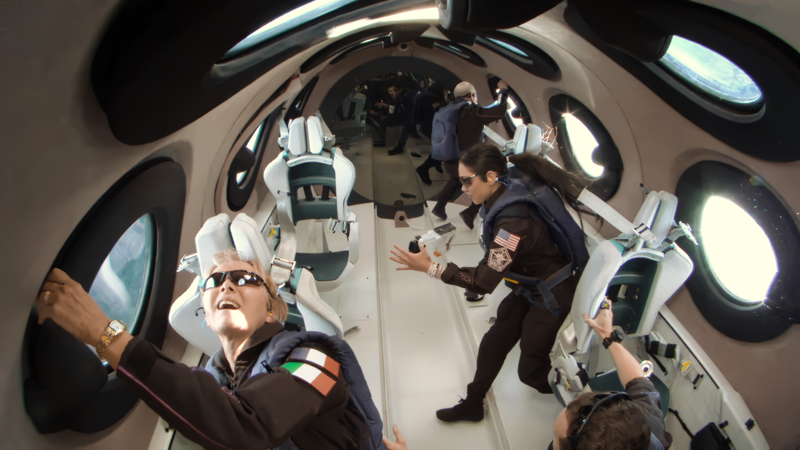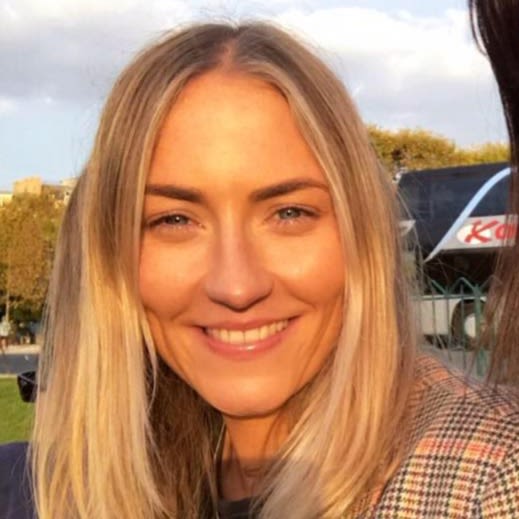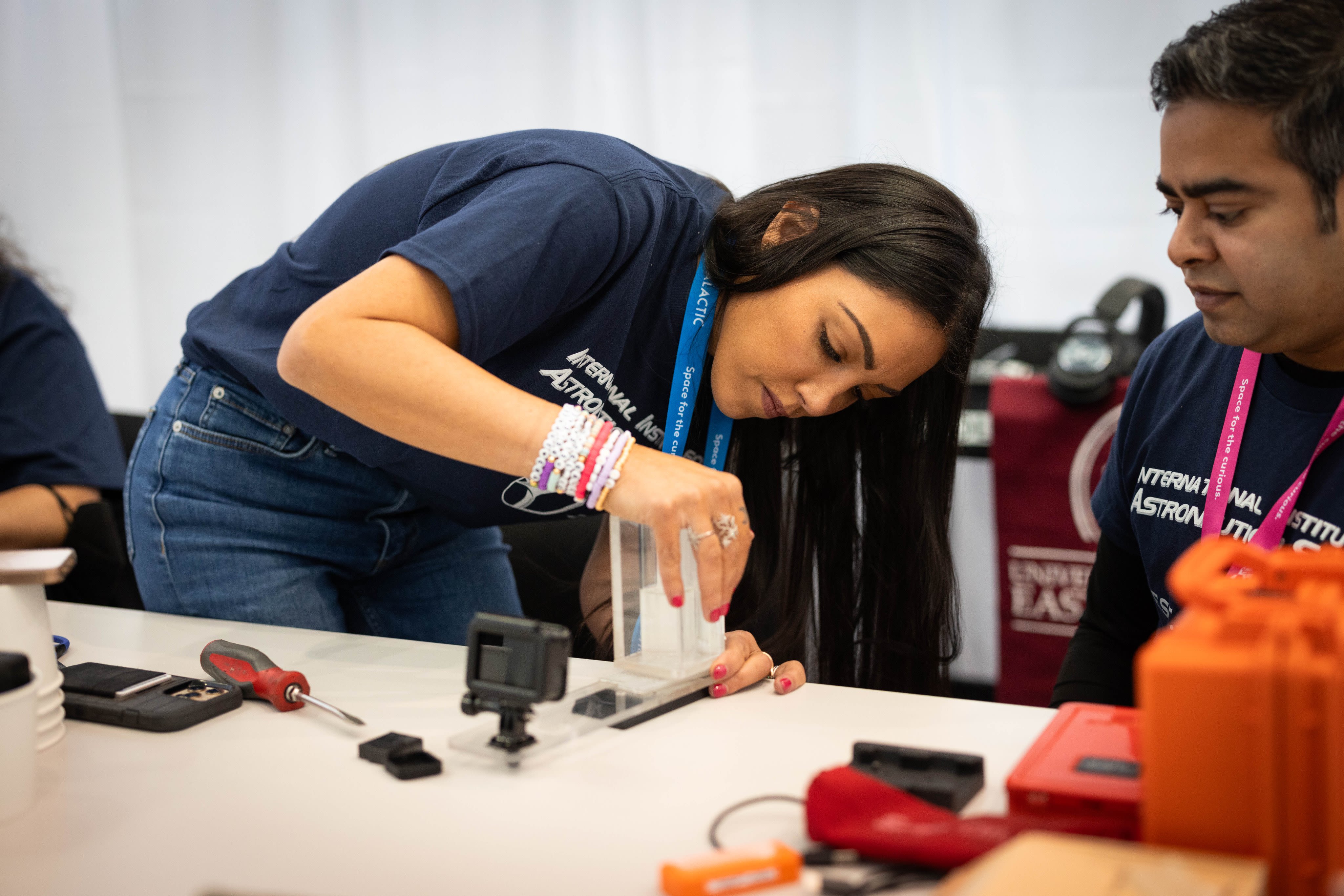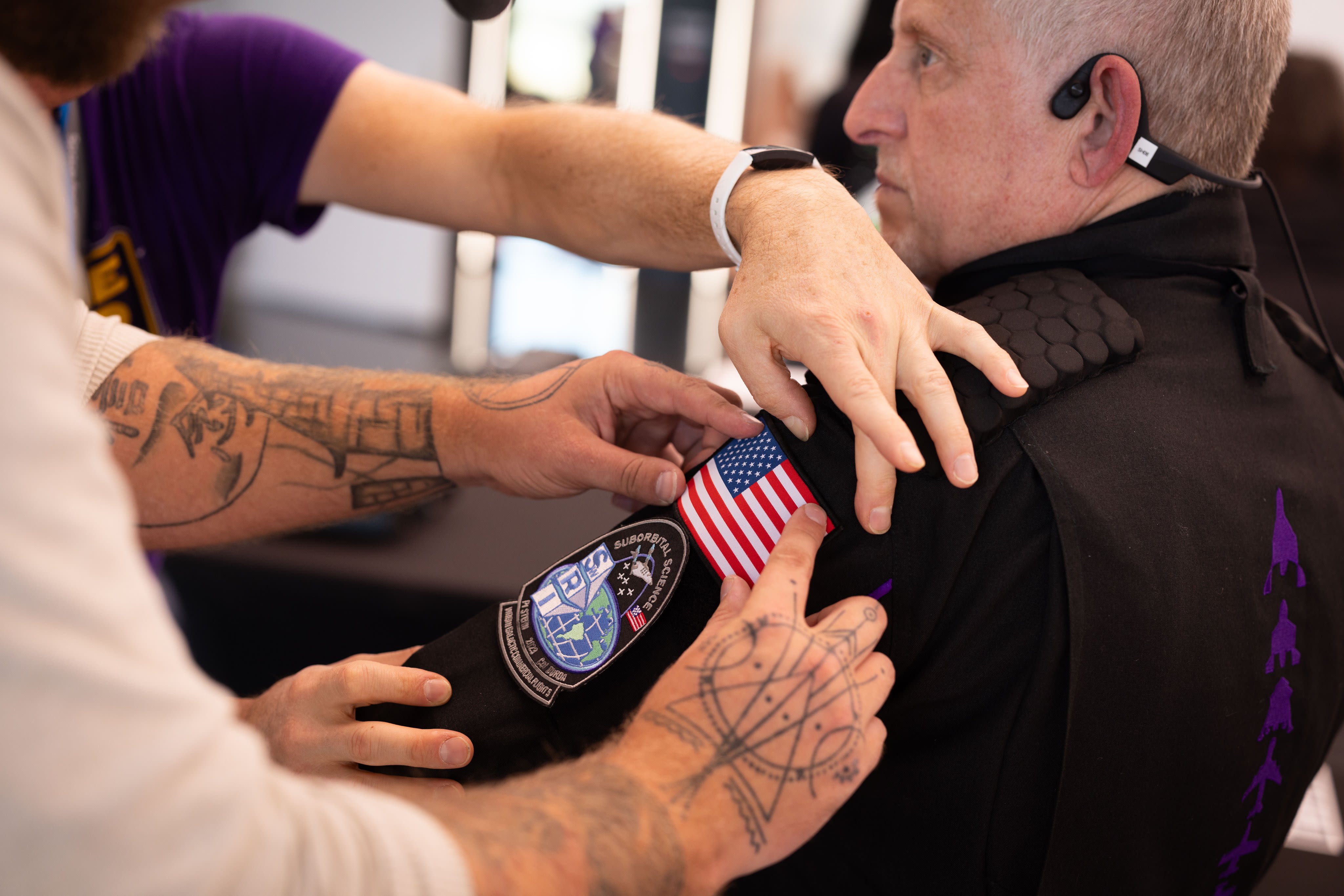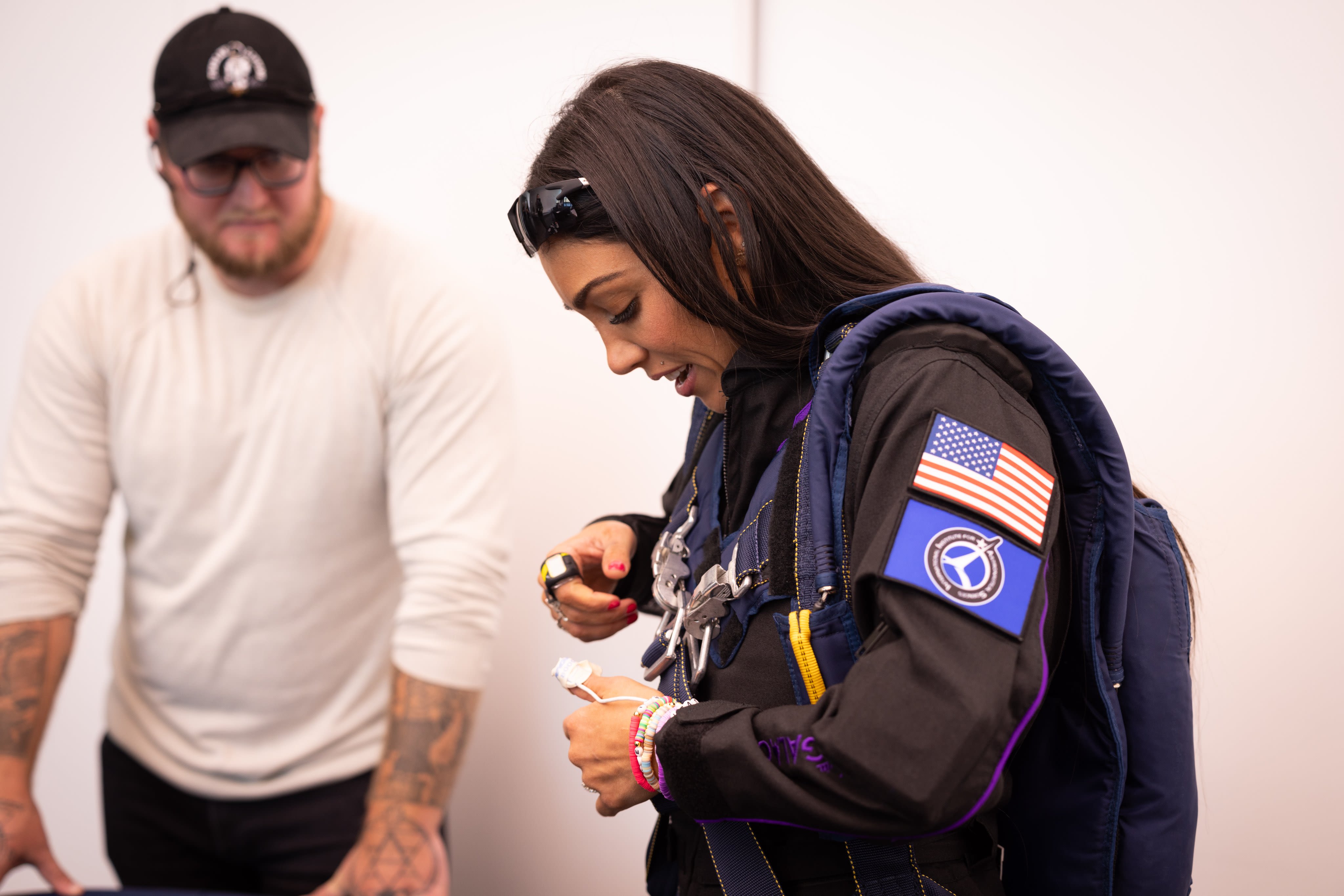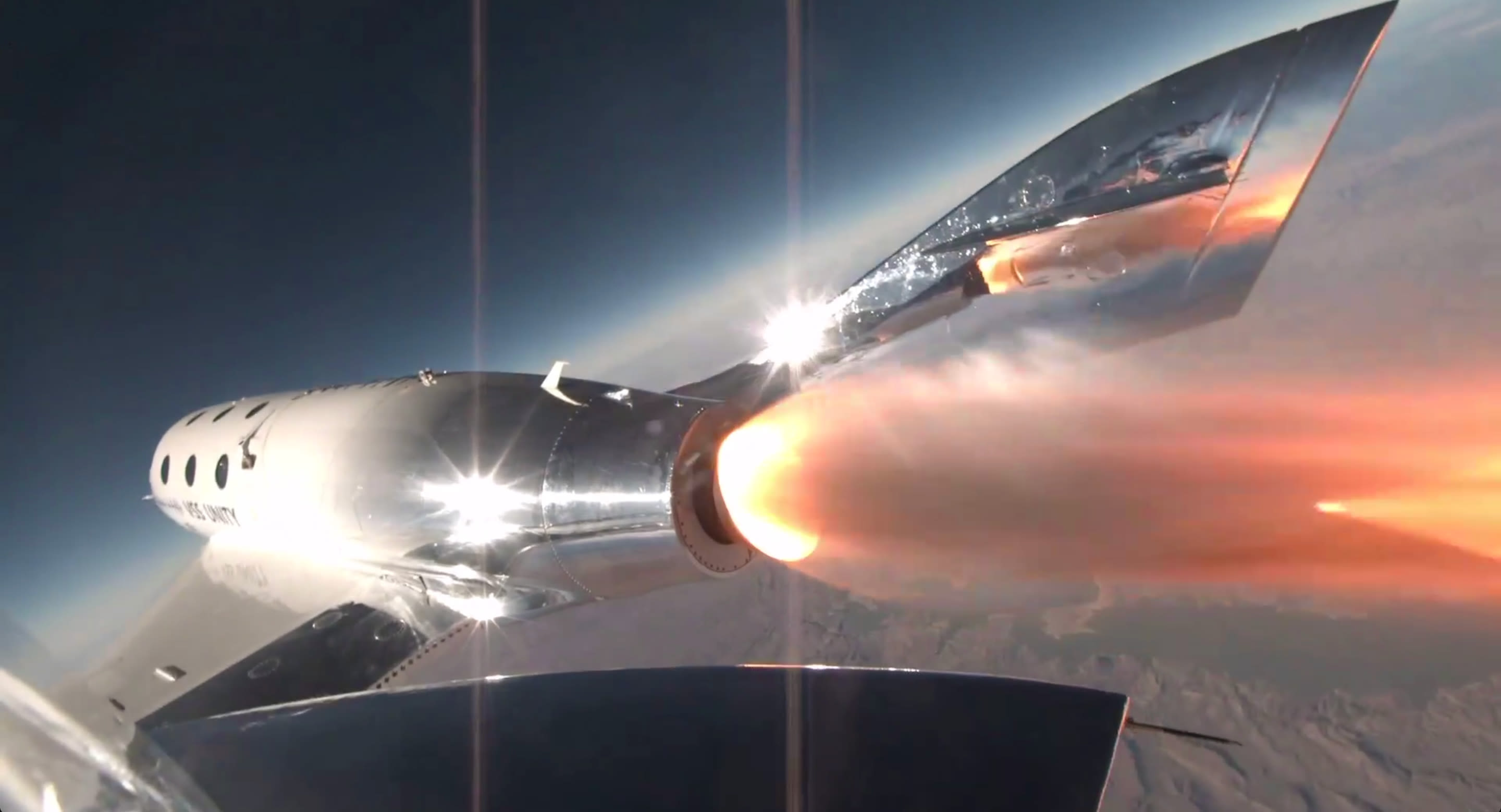Virgin Galactic completes successful research spaceflight
Virgin Galactic has completed its sixth successful space mission in six months, and its 10th spaceflight to date.
For the Galactic 05 mission, Virgin Galactic’s VSS Unity spaceship was converted into a suborbital lab for scientific research for the second time.
Upon completion of the mission, Virgin Galactic’s CEO, Michael Colglazier, said: “Providing researchers with reliable and repeatable access to a high-quality microgravity environment is vital to our mission of expanding human knowledge and enabling scientific discoveries. We are proud to support the work of the Southwest Research Institute and International Institute for Astronautical Sciences with today’s flight, and we will use insights from the mission to enhance the research capabilities of our future Delta-class spaceships. We look forward to playing an increasingly important role in space research in the years ahead.”
Onboard the Galactic 05 mission was:
Astronaut 020 – Dr. Alan Stern, US Planetary Scientist and Associate Vice President in Southwest Research Institute’s (SwRI) Space Sector
Astronaut 021 – Kellie Gerardi, US Payload Specialist and Bioastronautics Researcher for the International Institute for Astronautical Sciences (IIAS), and a long-time Virgin Galactic supporter.
Astronaut 022 – Ketty Pucci-Sisti Maisonrouge, Private Astronaut
Dr. Stern flew with two human-tended experiments, including a biomedical harness to collect physiological data related to human spaceflight. He also conducted practice routines and procedures in preparation for a future NASA-funded suborbital research flight. Reflecting on the significance of the mission, Dr. Stern said:
“The success of this mission is another important step in the development of the scientific and educational use cases for commercial suborbital vehicles. The potential here is literally astronomical.”
Kellie Gerardi flew with three payloads, two of which evaluated novel healthcare technologies in microgravity conditions through the collection of biometric data. The third payload examined how confined fluid behaves to inform future healthcare technologies in space. She said:
“The suborbital science potential for Institutes like ours is unprecedented and I’m also struck by the broader societal impact of commercial human spaceflight — after today’s mission, Virgin Galactic is now responsible for producing 10% of the world’s female astronauts, and I look forward to seeing that number soar for my daughter’s generation.”
VSS Unity was piloted by Commander Mike Masucci and Pilot Kelly Latimer, with Astronaut Instructor Colin Bennett on board. VMS Eve was piloted by Commander Jameel Janjua and Pilot Andy Edgell.
Galactic 05 in-flight facts:
Take-off Time: 0900 MST
Altitude at Release: 44,701
Apogee: 54.2 miles
Top Speed: Mach 2.96
Landing Time: 0959 MST
Virgin Galactic will now proceed with post-flight analysis and routine, as well as planned annual vehicle inspections before re-commencing standard pre-flight readiness procedures ahead of its next commercial space mission. Galactic 06 is scheduled for January next year.
To learn more, find Virgin Galactic’s research overview, and learn more about the Galactic 05payloads.
